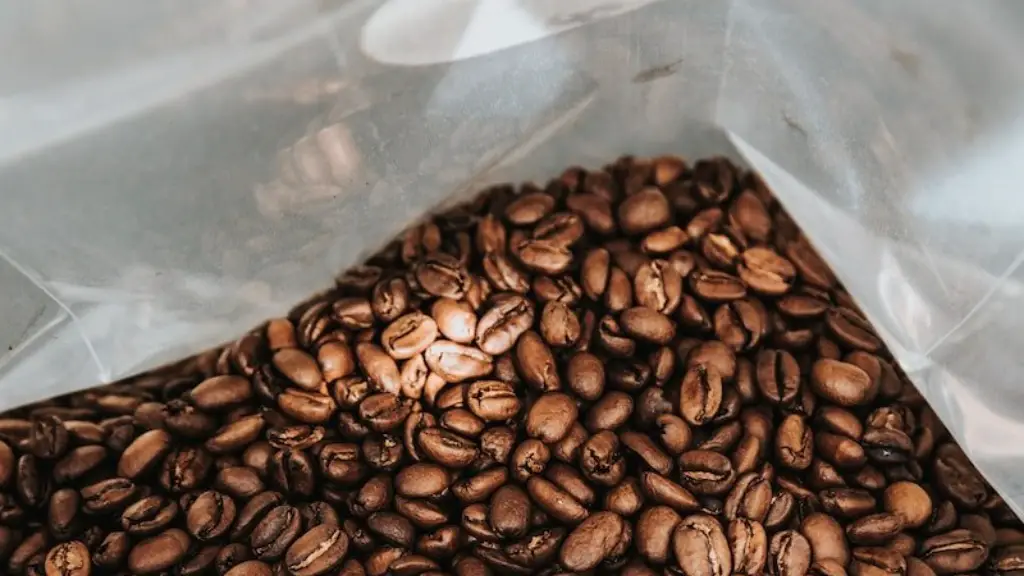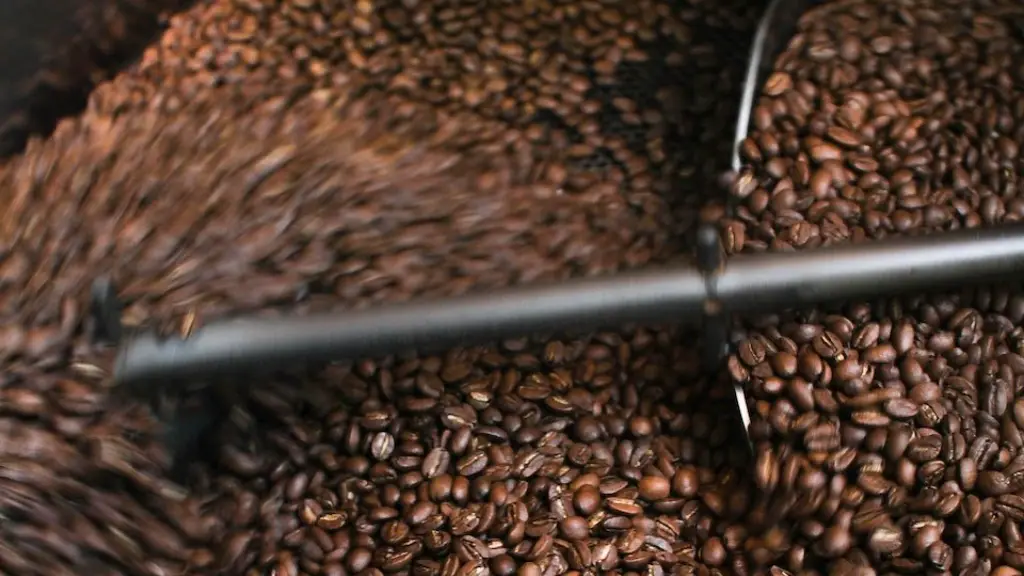What happens if you drink coffee before blood work?
For many people, a cup of coffee is one of their favorite morning rituals. A hot cup of java helps jump-start the day, and keeps people sharp and focused. But when it comes to laboratory testing such as blood work, drinking coffee beforehand can have a detrimental effect. This is because caffeine is known to increase certain markers in blood tests. Depending on the test being administered, drinking coffee before can make the results less reliable. In some cases, doctors may even ask patients to refrain from drinking coffee for up to 48 hours prior to labs.
Caffeine is a stimulant and can cause certain blood tests such as those for arrhythmias or those that measure blood glucose levels to register falsified readings. When coffee is consumed, it increases the body’s production of adrenaline, which can lead to an increase in heart rate and higher blood pressure. When a patient’s medical history is being looked at, this information is taken into account. If a person consumes a caffeine-containing beverage prior to their lab, it can throw off their results.
Additionally, caffeine can affect hormones such as epinephrine, norepinephrine, and cortisol. These hormones are involved in many processes in our body, so when they increase they can affect different lab results. A patient’s cortisol levels, for example, are sometimes checked to assess their physical or mental health, and caffeine can cause a false elevation. In some cases, lab results can be rendered useless if a patient has had caffeine before the procedure.
For patients on certain medications, caffeine can have an even greater effect on their tests. This is because some drugs can interact negatively with the components of coffee, leading to a higher chance of adulterated results. People who are being prescribed any medication should ask their doctor if it’s ok to drink coffee or other caffeinated beverages before their test.
Fortunately, there are ways of mitigating the effect that caffeine can have on laboratory testing. Patients can drink decaffeinated coffee or tea in the days leading up to the test. As long as it contains a minimal amount of caffeine, it should have a much lesser effect on the results. Other beverages such as soda and energy drinks should be avoided as those usually contain a high concentration of caffeine.
It’s important for patients to keep their doctor informed about any beverages they’ve had prior to their laboratory tests. Doctors should assess each patient’s situation individually and decide if it’s necessary to forego caffeine before a blood draw. By exercising caution, patients can ensure the accuracy of their results.
How Caffeine can Affect Blood Pressure
Studies have shown that drinking coffee before testing can have an adverse effect on a patient’s blood pressure readings. This is because caffeine is a stimulant that can raise heart rate and cause an increase in blood pressure levels. When these readings are high, it can give a distorted picture of the patient’s actual blood pressure. Patients who are taking medication for high blood pressure should avoid coffee before testing.
One of the main effects of caffeine is that it stimulates the production of adrenaline, a hormone involved in allowing the body to respond quickly in response to a perceived threat. This can raise heart rate and blood pressure, which can lead to inaccurate blood pressure readings when testing is done. Furthermore, caffeine can cause the blood vessels to constrict, leading to an increase in resistance in the arteries.
In individual cases, the amount of caffeine consumed can play a role in how it affects the readings. For example, having a small cup of coffee an hour prior to testing may not have as much of an effect on the results as drinking several cups in a short span of time. Generally speaking, however, it’s wise to avoid caffeine before any testing if possible.
If patients want to avoid drinking coffee while they’re having a lab done, they can opt for decaffeinated beverages. Decaf coffee or tea can still provide a jolt of energy without the potential interference with the results. People can also snack on foods with caffeine such as dark chocolate, which can provide a pleasant boost without the same consequences as coffee.
Risk it Poses to Diabetics
For diabetics, drinking coffee before testing poses an even greater risk. Caffeine can cause an increase in blood glucose levels, which can lead to misleading results. For this reason, it’s recommended that diabetics avoid drinking coffee prior to laboratory testing.
Coffee can increase insulin levels too, which can have a negative effect on lab results. It’s important for doctors to take into account any medication that a patient is taking prior to testing, as some drugs can interact with calories or other constituents in the beverage to further throw off the results.
It’s always important for diabetics to maintain control of their blood glucose levels, as any fluctuations can lead to serious health issues. Drinking coffee before testing can make this harder to achieve. For this reason, diabetics should speak with their doctor beforehand to see what is the best approach for them when it comes to consuming caffeine prior to testing.
It can be helpful to drink a glass of water after having coffee to flush away some of the caffeine and counter its effect on the body. Additionally, diabetics should be prepared to fast for a designated period of time before testing so as to better achieve accurate results.
Health Risk Caused by Caffeine Overdose
Drinking too much coffee before lab testing can pose a risk to the patient’s overall health. Caffeine is a powerful stimulant that can increase blood pressure and heart rate, causing stress on the body and potentially leading to a panic attack or other serious health issues.
Consuming high levels of coffee before testing can also be fatal in certain cases. This is because caffeine is a neurotoxin that can have adverse effects on the nervous system. When taken in high doses, it can cause convulsions, seizures, heart arrhythmias, and even death, particularly when there is a genetic predisposition.
Patients should consult with their doctor to determine what is the safe amount of caffeine to consume in a particular situation. In general, drinking coffee prior to lab tests should be avoided as much as possible. Additionally, exercising caution when consuming coffee in the days leading up to a test can help ensure the accuracy of the results.
Impact on Certain Medications
In some cases, consuming coffee prior to lab testing can have even more detrimental effects for patients who are taking certain medications. For example, people who are taking drugs that act as calcium channel blockers can experience an interaction with caffeine that causes an abnormally high increase in their heart rate. This can lead to less reliable readings in tests that measure heart rate, such as those that are administered to diagnose arrhythmias.
In cases where patients are taking calcium channel blockers, it’s especially important to avoid drinking coffee or other caffeinated beverages prior to the test. Doctors should evaluate each patient individually to assess their risk factors and determine if having caffeine is safe or not.
Additionally, some medications can interact negatively with the components of coffee, which can lead to further complications when laboratory tests are conducted. By speaking with their doctor, patients can gain a better understanding of the risks associated with caffeine consumption in their particular case.
Lack of Awareness of Caffeine Effects
Many people don’t realize the impact that caffeine can have on lab tests, which can lead to inaccurate results. This is because blood work is often done shortly after the patient consumes caffeine, which can lead to a spike in certain markers in the blood. Results such as blood glucose or cortisol measurement can be thrown off, leading to an erroneous diagnosis.
Doctors should make sure to educate their patients on the potential effects of caffeine on their lab tests. By informing people of the consequences, people can make more informed decisions when deciding if they should drink coffee or not.
Furthermore, doctors should inform their patients of potential medication interactions that can occur when having caffeine. This can make it easier to identify when a particular result has been thrown off due to a drug and caffeine interaction.
Awareness of the potential effects of consuming caffeine before lab testing is essential for achieving accurate results. Patients should consult with their doctor if they’re not sure if it’s safe to consume coffee before testing. Being properly informed can help patients make the best decision for their health.





